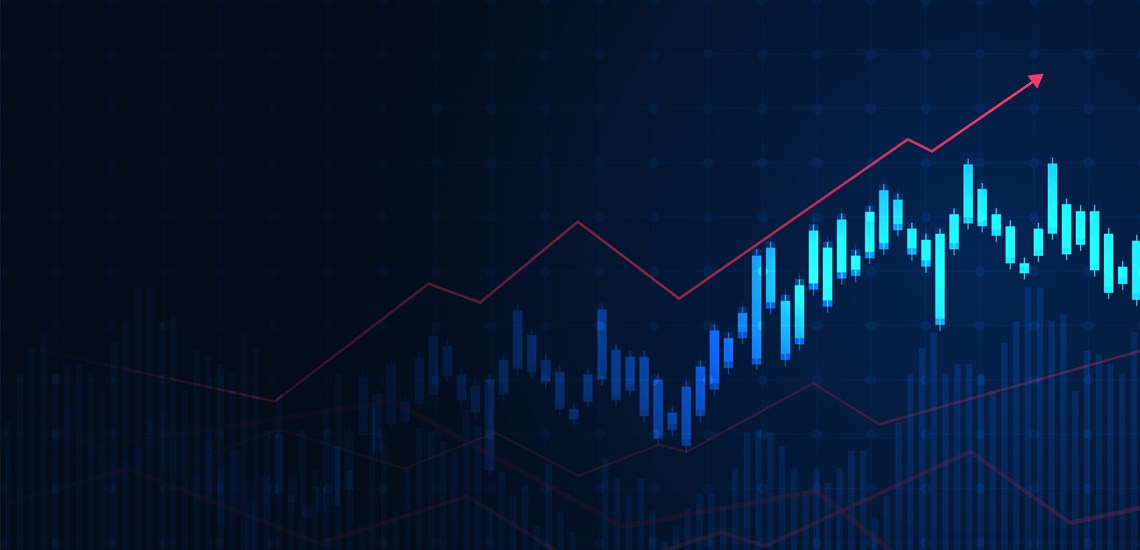
An Economic Update
In a bid to tackle rising inflation, the Bank of England has increased the base rate for the seventh time since December 2021. The 0.5% hike takes the interest rate to 2.25% - the highest since November 2008, when the banking system faced collapse. So, what does this mean?
For those on a fixed-rate mortgage, you’ll be protected from the latest rise until your current deal runs out. If that happens any time soon, you may well find the cost of a new fixed-rate mortgage has shot up - with even the most competitive two-year deals currently priced at between 4 and 4.5% compared to less than 1% a year ago.
For those on tracker mortgages, you’ll almost certainly see your payments go up in the next few weeks to reflect the full increase in the base rate. In general, you can expect to pay an extra £23 a month on a £100,000 mortgage.
Homeowners on their lender’s standard variable rate (SVR) will also probably see their monthly payments go up. They may not be hit with the full increase though, as these rates go up at a lender’s discretion. Banks and building societies may take longer to decide on SVR changes, as they come under pressure to shield customers from the full impact of the latest base-rate hike.
We are aware that lenders are reacting to the interest rate increase by withdrawing existing products available and replacing with higher interest rate products. The swapping of rates and products available is standard practice for lenders and does happen regularly outside of the current financial climate. We have not seen lenders withdraw mortgage offers as a result of the rate increase.
We appreciate that people may be concerned about their existing mortgage deal or the effect of the current financial situation on their plans to buy in the future. We are continuing to speak to both new and existing clients about their mortgage requirements.